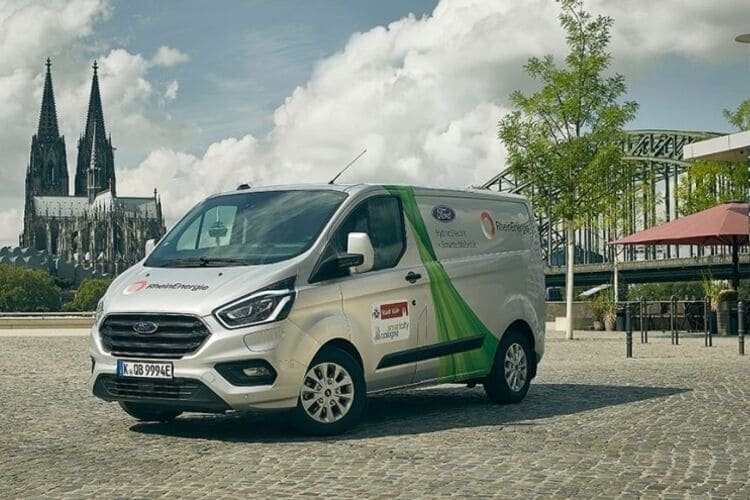Ford: Blockchain Will Reduce Pollution

A new study by auto giant Ford demonstrates how new technologies such as blockchain and geofencing can help improve air quality in cities. According to a press release from Ford, the car company conducted a three-year study in London, Cologne and Valencia looking at the potential of hybrid vehicles to improve air quality in big cities.
After analyzing over 400,000 km of data, Ford found that blockchain technology and dynamic geofencing could complement the use of plug-in-hybrid-electric vehicles (PHEVs) to reduce air pollution. In a test in Cologne, blockchain was used to permanently record the time a vehicle entered or exited the geofenced zone, ensuring that the vehicle's “green miles” were stored and passed on to city authorities and fleet owners.
Of the more than 218,300 km traveled by 20 vehicles in two cities, Ford found that almost 50% (105,000 km) was driven using electricity, and more than 70% in geofenced zones. Ford Europe's director of enterprise connectivity, Mark HARVEY, argues that blockchain and dynamic geofencing can play an important role in transforming cities.
Image: Media Ford